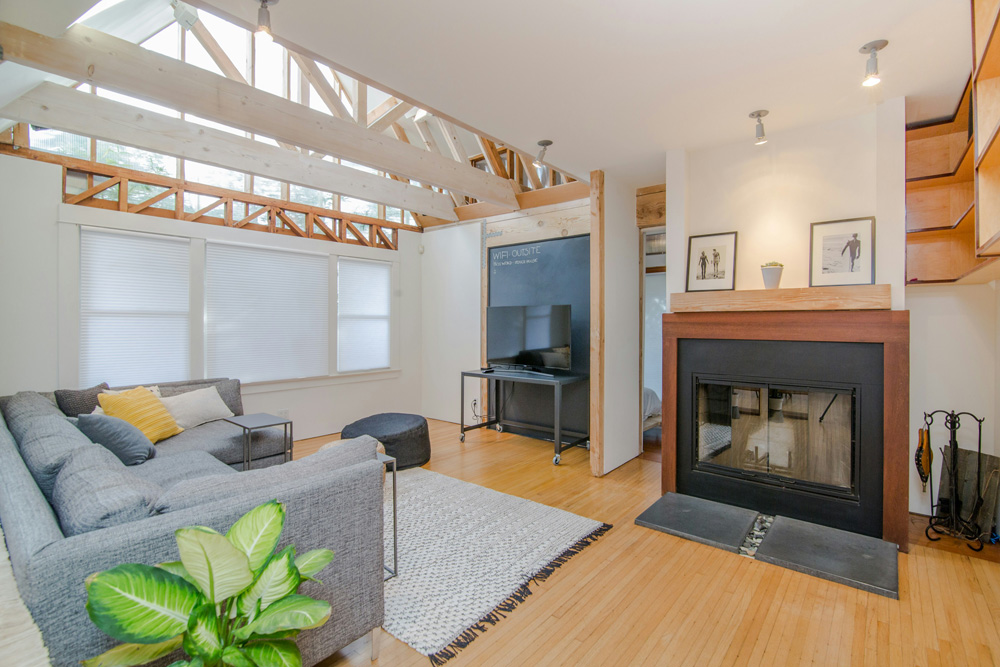The dream of owning a single-family home with a huge yard and a white picket fence is one that many feel is out of reach for anyone younger than the Baby Boomers.
Prices have gone up exponentially in a lot of major centres, which leads to the price of a down payment to also increase. Trying to save up that much money can take years for a lot of people, especially since wages haven’t increased at the same rate.
There has also been a lack of homes even available to purchase, especially those that would be considered affordable for most. Municipalities like Kelowna are looking at building more multi-family units to help alleviate the burden, but it’s still a waiting game for these units to be built.
For whatever the reason—limited available stock, finances, locations, etc—many are looking at other options at owning a home, and there’s one way in particular that seems to be picking up traction: The idea of co-op housing.

What is co-op housing?
When you hear “co-op” you probably think of the cardlock or grocery store; it’s pretty much the same thing, only with housing.
A co-op is a group of shareholders that collectively own, in this case, housing such as an apartment building or a collection of condos. You pay a fee to become part of the co-op and pay monthly fees to keep your unit, that are often lower than the market rate for rent. They usually operate on an at-cost basis, meaning the goal isn’t to make a profit so much as it is to keep the co-op stable.
It’s similar to a strata in that the co-op uses the money from the shareholder payments to maintain the building or collection of buildings within the cooperative. However, the main difference is one member, one vote. The point is to make housing affordable and build a community among the shareholders.
Are there different rules for housing co-ops?
Housing cooperatives are not bound by the BC Residential Tenancy Act, so you don’t have the same rights as a tenant or a landlord. That’s why the monthly payments you make to the co-op are not called ‘rent’ since that is a legal term under the Residential Tenancy Act.
Rather, there are cooperative association regulations that cover the legalities for cooperatives and how they must operate. You’ll want to familiarize yourself with the provincial regulations if you do decide to buy a share of co-op housing.
The co-op will have their own rules for shareholders and will be run by a board made up of its own members. They are then governed by the Cooperative Housing Federation of BC.

Can I be evicted from a housing co-op?
Not in the same way you could be as a tenant under the Residential Tenancy Act.. There are only three ways for you to be removed from a co-op. They are:
- Not paying what you owe,
- Engaging in what is considered conduct detrimental to the co-op,
- Breaching the occupancy agreement.
There’s no “renovictions” or anything like you might hear about in the news.
Is co-op housing the future of homeownership?
It’s hard to say if co-op housing is the future of homeownership. The Cooperative Housing Federation of BC believes that co-op housing helps build community and makes it easier to house people in BC. There’s not a lot of co-op housing in the province; they are quite popular in Vancouver and the Lower Mainland, but there are only about 10 past Hope and only one north of Kamloops.
There are a handful of housing co-ops in the Okanagan, so whether you think that or a traditional mortgage is right for you, you have options. No matter which way you think you’d like to go, we can help you find the right kind of home for you. Call 778-363-9132 today, and let’s get started!



